October 2024 – If food loss and waste were a country, it would be the third leading cause of greenhouse gas emissions. Food loss and waste also burden waste management systems and exacerbates food insecurity, contributing significantly to the three global crises: climate change, nature and biodiversity loss, and pollution and waste.
When food is wasted, valuable and limited resources such as water, land use, and energy are lost, while 8.9% of the worldwide population is suffering from hunger according to FAO, therefore depleting the planet’s natural resources. It is critical to broaden our understanding of the issue to transform the food system and raise public awareness that motivate change.
To address these challenges, assessing reliable data on the environmental impacts of food loss and waste is crucial for accelerating EU progress towards climate targets and reducing environmental impacts, including biodiversity, across the food supply chain.

The Horizon Europe project PRECIOUS is contributing to the transformation of food systems by addressing existing data gaps and developing a unified and openly accessible evaluation framework to quantify the economic, environmental, and social impacts of strategies to reduce food loss and waste, considering potential rebound effects where reducing waste can create unexpected environmental outcomes.
“PRECIOUS aims to inform decision-making, shift cultural attitudes and reduce the environmental footprint across Europe for fairer and more sustainable food systems. By creating cutting-edge tools, standardised databases and dynamic models, PRECIOUS will demonstrate how food loss and waste impacts climate, energy and biodiversity.”
Deitze Otaduy, project coordinator from University of Deusto.
With 18 partners across 11 countries, the EU-funded PRECIOUS project combines multidisciplinary research, stakeholder engagement and data-driven models to design strategies that reduce the food loss and waste environmental and socioeconomic impacts. The PRECIOUS consortium brings together the complementary expertise acquired from European, national and regional projects (such as FOODRUS, ToNoWaste, ZeroW, REFRESH, Waste4Think, CHORIZO, Breadcrumb).
The project engages stakeholders from 2 Use Cases (Spain and Greece) and 3 Co-creation and Replication Nodes (Poland, Lithuania, Hungary) to address systemic causes across geographical boundaries. In this way, PRECIOUS aims to induce a fundamental change in attitudes and behaviours towards food consumption and disposal through collaborative efforts and innovative methods.
PRECIOUS is applying a systemic and multidimensional approach to transform how we tackle food loss and waste. The project is building a comprehensive, reliable, and standardised food loss and waste prevention and reduction actions database based on the PEF methodology. In addition, PRECIOUS will develop data-based computational models, large-scale models integrating food loss and waste into the broader climate debate, and advanced ICT-AI tools, to assess the environmental and socioeconomic impacts at both food supply chain and Food-Energy-Economy-Environment levels.
The project will provide innovation in standardisation of food loss and waste data and integration of data sources, public databases and software platforms and in advanced integrated assessment models to analyse holistically the impact of prevention actions (focusing on climate change, energy, and biodiversity), while addressing the rebound effects from prevention strategies. Partners will also work on the integration of the rebound effect with cause-effect models to assess the impacts over time, and they will develop decision-making tools to create and evaluate what-if scenarios to assess the impacts of food loss and waste prevention actions.
You can follow PRECIOUS on the project website and LinkedIn for updates and insights into our progress.
 The PRECIOUS project has received funding from the European Union’s Horizon Europe research and innovation programme under grant agreement No. 101181994.
The PRECIOUS project has received funding from the European Union’s Horizon Europe research and innovation programme under grant agreement No. 101181994.
Contact
- Coordination: Deitze Otaduy, University of Deusto, deitze.otaduy@deusto.es
- Communication: Marcell Boviz, Greenovate! Europe, m.boviz@greenovate-europe.eu
Project information
- Grant agreement ID: 101181994
- Call topic: HORIZON-CL6-2024-FARM2FORK-01-8 – Preventing and reducing food waste to reduce environmental impacts and to help reach 2030 climate targets (RIA)
- Full name: Addressing the Environmental Impacts of Food Loss and Waste Prevention and its Rebound Effects
- Budget: € 4 495 537,50
- Duration: 48 months
PRECIOUS officially started activities on 1 October 2024 and will run for 4 years. The project consortium, coordinated by University of Deusto, includes 17 key partners: INTERNATIONALES INSTITUT FUER ANGEWANDTE SYSTEMANALYSE (Austria), Cluster of Bioeconomy and Environment of Western Macedonia (Greece), YAGHMA (The Netherlands), E3-MODELLING (Greece), Collaborating Centre on Sustainable Consumption and Production (Germany), Greenovate! Europe (Belgium), UNIVERSITAT JAUME I DE CASTELLON (Spain), ECO INTELLIGENT GROWTH (Spain), 2.-0 LCA CONSULTANTS (Denmark), TECHNISCHE UNIVERSITAT BERLIN (Germany), RINA CONSULTING (Italy), ASOCIACION DE INVESTIGACION DE INDUSTRIAS CARNICAS DEL PRINCIPADO DE ASTURIAS (Spain), VEGO SUPERMERCADOS (Spain), EIT FOOD CLC SOUTH (Spain), FUNDACJA UNIMOS (Poland), AgriFood Lithuania DIH (Lithuania), INNOMINE DIGITAL INNOVATION HUB (Hungary).
Keywords
Biodiversity conservation | Circular economy | Climate change mitigation | Food waste | Policy impact | Societal impact | GHG emissions | Climate change adaptation
Projects